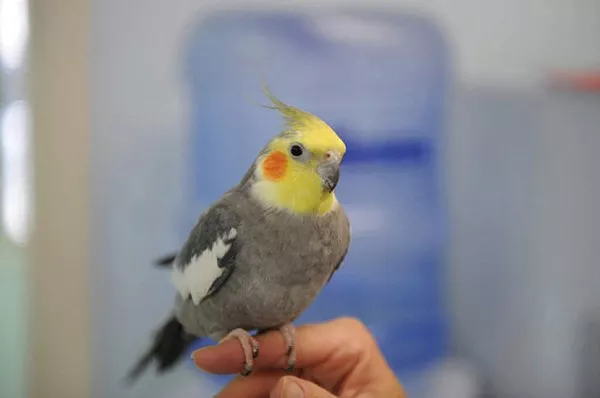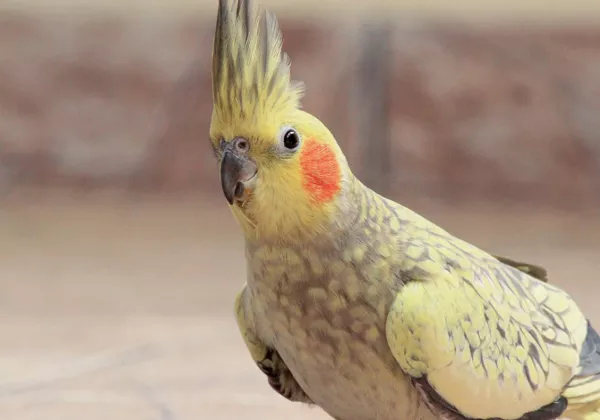The green iguana (Iguana iguana) is a popular reptile species often kept as pets due to its captivating appearance and intriguing behaviors. When it comes to their diet, green iguanas are primarily herbivorous, consuming a wide variety of plant matter. While their diet mainly consists of leafy greens and vegetables, many iguana owners wonder if they can offer bananas as a treat or occasional addition to their pet‘s meals. In this article, we will delve into the nutritional needs of green iguanas and explore whether bananas can be a suitable part of their diet.
1. Understanding the Green Iguana’s Natural Diet
To properly address the question of whether green iguanas can eat bananas, it is essential to first understand their natural diet in the wild. Wild green iguanas predominantly feed on leafy vegetation, flowers, fruits, and the occasional insect or small animal. Their diet primarily consists of various plants such as leafy greens, including dandelion greens, collard greens, mustard greens, and turnip greens. They also consume flowers, fruits, and certain vegetables that are abundant in their native habitats.
2. Nutritional Requirements of Green Iguanas
Green iguanas have specific nutritional requirements to maintain their health and overall well-being. As herbivores, they require a diet rich in fiber, calcium, vitamins, and minerals. A balanced diet is crucial for preventing health issues like metabolic bone disease, obesity, and vitamin deficiencies.
The ideal green iguana diet should consist of approximately 80% leafy greens and vegetables, 10% fruits, and 10% protein sources such as insects or plant-based proteins. The specific ratio may vary depending on the iguana’s age and overall health. A well-rounded diet ensures they receive the necessary nutrients for growth, development, and proper bodily functions.
3. Nutritional Composition of Bananas
Bananas are a popular fruit known for their high carbohydrate content and sweet taste. While they can be a nutritious addition to the human diet, it is crucial to assess their suitability for green iguanas.
Bananas are relatively low in fiber compared to leafy greens and vegetables, which are essential for maintaining healthy digestion in green iguanas. However, they do contain moderate amounts of potassium, vitamin C, vitamin B6, and manganese. Bananas are also a good source of energy due to their carbohydrate content.
4. Feeding Bananas to Green Iguanas
Given the nutritional composition of bananas and the natural diet of green iguanas, it is generally recommended to offer bananas as an occasional treat rather than a staple food item. Feeding too many bananas to green iguanas can lead to imbalances in their diet and potentially cause health issues.
Bananas should be considered a high-sugar fruit, and excessive sugar intake can contribute to weight gain, digestive problems, and nutrient deficiencies in green iguanas. Additionally, the lack of adequate fiber in bananas can impact their digestive system negatively.
If you choose to offer bananas to your green iguana, it is essential to do so in moderation. Slicing small pieces of ripe banana as an occasional treat can provide enrichment and variety in their diet. However, it should not exceed 10% of their overall food intake.
5. Recommended Foods for Green Iguanas
To ensure the optimal health of green iguanas, it is crucial to provide a varied and balanced diet that meets their nutritional needs. The following foods are considered suitable for green iguanas:
Leafy greens: Dandelion greens, collard greens, mustard greens, turnip greens, and kale.
Vegetables: Bell peppers, carrots, squash, zucchini, and green beans.
Fruits: Papaya, mango, strawberries, blueberries, and raspberries (in moderation).
Protein sources: Insects such as crickets and mealworms, or plant-based proteins like tofu or cooked legumes.
Remember to thoroughly wash all fruits and vegetables before feeding them to your green iguana to remove any pesticides or harmful residues.
Conclusion
While bananas can be offered as an occasional treat for green iguanas, they should not form a significant part of their regular diet. Green iguanas require a primarily plant-based diet that is rich in fiber and essential nutrients. Leafy greens, vegetables, and a variety of other fruits should comprise the majority of their meals. By providing a well-balanced and species-appropriate diet, green iguana owners can ensure the long-term health and well-being of their fascinating reptilian companions.
Related Topics:


























